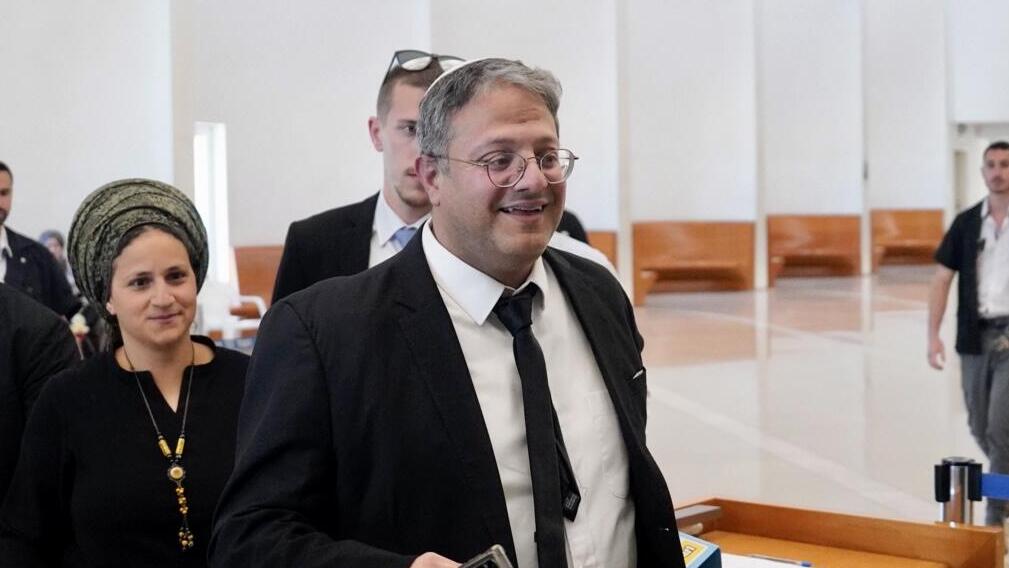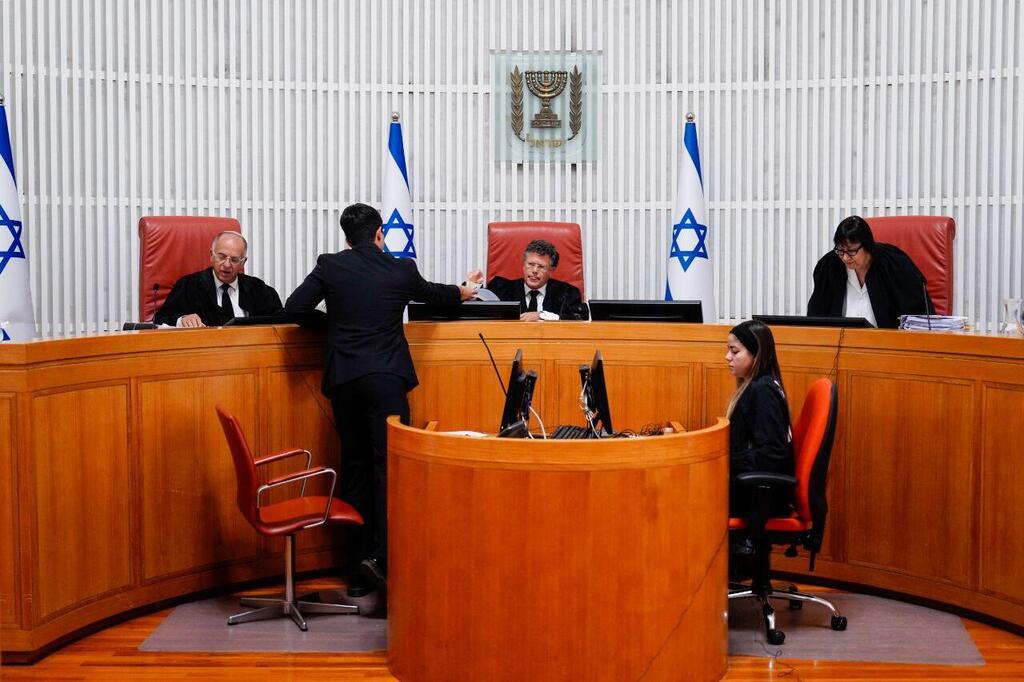The High Court of Justice unanimously upheld on Thursday a law that expands National Security Minister Itamar Ben-Gvir’s authority over police operations but struck down, in a narrow 5-4 decision, a key provision allowing him to delineate general policy on police investigations, ruling it unconstitutional.
The majority of justices ruled the clause posed a significant risk to suspects’ rights and failed to meet the legal standards for restricting fundamental rights. A minority dissented, arguing the clause did not violate constitutional principles.
The broader legislation, which places police under the government’s authority and requires the police commissioner to follow the minister’s policy guidelines, was upheld. However, the court imposed strict limits, clarifying that the law permits only general policy directives and prohibits any operational interference by the minister. The court emphasized that its interpretation ensures no shift in the balance of power between the government and the police, effectively maintaining the status quo before the law’s enactment.
Critics have argued that the law, a cornerstone of the coalition agreements forming the current government, undermines police autonomy and risks politicization. The court’s decision represents a compromise, preserving most of the law while addressing concerns over excessive government control in police investigations.
Get the Ynetnews app on your smartphone: Google Play: https://bit.ly/4eJ37pE | Apple App Store: https://bit.ly/3ZL7iNv
Ben-Gvir sharply criticized the ruling, accusing the court of overstepping its authority. "Once again, the court positions itself as the sovereign, trampling on the will of the voter. This grave decision to neuter the Police Ordinance is designed to strip the minister of his authority and give control of the police to the attorney general and state prosecutor. In a democratic state, the minister in charge sets policy for the police, but the court obviously doesn’t care about that," he said.
Justice Minister Yariv Levin also condemned the ruling, describing it as undemocratic. "In what other country can judges, who appoint themselves, strike down a law passed by parliament in three readings by a single-vote margin? Only in Israel is democracy being replaced by the rule of a handful of judges," he said, calling for urgent judicial reforms.
The law has faced legal challenges since its passage. A coalition of organizations and Knesset members petitioned the court in January 2023. The petitioners, backed by Attorney General Gali Baharav-Miara, warned that the law effectively turned Ben-Gvir into a "super commissioner," allowing undue political interference in police decision-making. They warned that a politically controlled police force is a hallmark of authoritarian regimes.
In June 2023, the court issued a conditional order requiring the government to justify the amendments. Baharav-Miara said in January 2024 that Ben-Gvir had overstepped his authority, including directing police actions during public protests. The court later issued an interim injunction barring him from giving operational directives to the police, particularly regarding protest management.
Despite these rulings, petitioners alleged that Ben-Gvir continued to interfere in police operations, including efforts to suppress anti-war protests.




